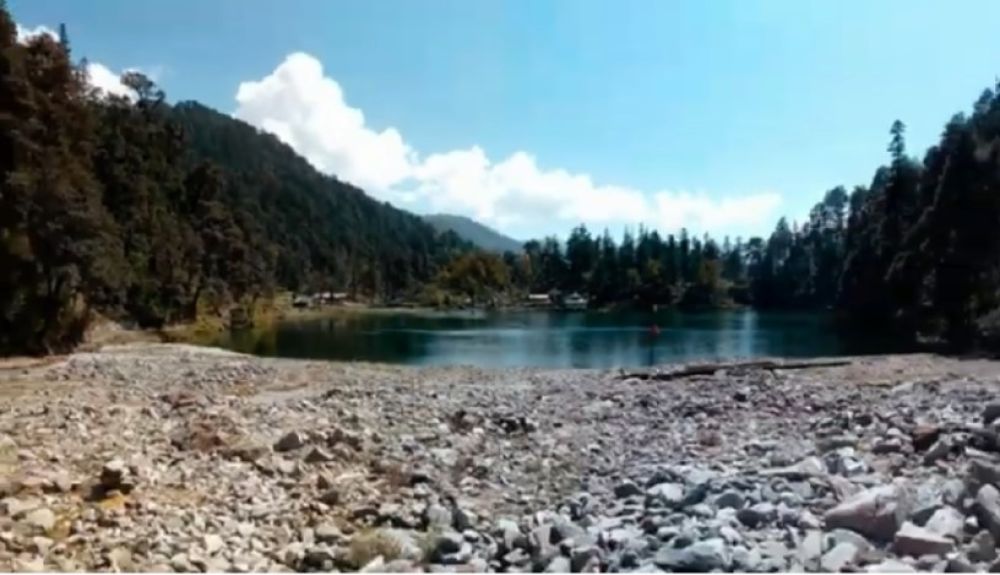

Nestled in the majestic Garhwal Himalayas, Dodi Tal is a pristine lake located in the Uttarkashi district of Uttarakhand, India. At an elevation of approximately 3,050 meters above sea level, it is surrounded by dense forests of deodar, oak, and rhododendrons. The lake is named after the rare Himalayan trouts known as Dodi in the local language, and 'Tal' meaning lake.
The history of tourism at Dodi Tal is intertwined with the ancient mythology and the enchanting natural beauty of the region. According to the Hindu mythology, it is believed to be the birthplace of Lord Ganesha and is considered a sacred spot for pilgrimages. The serenity of the lake along with its mythological significance has been drawing visitors from across the country for spiritual solace and natural experience.
However, organized tourism in Dodi Tal truly began in the late 20th century with the increasing popularity of trekking and adventure sports in the Indian Himalayas. The introduction of eco-tourism initiatives by the government and local communities further emphasized its spot on the map as a destination for trekkers, nature lovers, and spiritual seekers alike.
The journey to Dodi Tal itself is a popular trek that starts from the village of Sangamchatti and winds through the forested paths full of diverse flora and fauna. The trek route is known for its breathtaking views and the tranquil ambiance of the lake area is perfect for camping and bird-watching. Fishing is another activity visitors can indulge in, though it requires permits due to the ecological sensitivity of the region.
In recent times, responsible tourism has emerged as a significant trend in Dodi Tal. Travelers are becoming more conscious about preserving the natural beauty and biodiversity of places they visit. Ecotourism initiatives that minimize environmental impact and benefit local communities are increasingly popular. Homestays and community-led tours are part of this trend, giving tourists an authentic experience while contributing to the local economy.
To cater to the modern traveler's needs, there has also been a development of sustainable infrastructure, with eco-friendly lodges and guides who are knowledgeable about conservation. Activities such as bird-watching, nature photography, and guided nature walks have gained popularity, keeping in line with the trend of experiential travel.
Tourists looking to visit Dodi Tal should consider the best time to trek which is from April to June and from September to November. During the winters, the region receives heavy snowfall which can make the trek challenging. Advance planning, obtaining necessary permits, and adhering to the eco-guidelines are essential for all visitors to ensure a safe and enjoyable experience.
In conclusion, Dodi Tal, with its rich history, mythological importance, and pristine natural beauty, continues to be a cherished destination for tourists from all walks of life. As tourism patterns evolve towards sustainability, Dodi Tal presents an exemplary model of maintaining harmony between tourism and nature conservation.